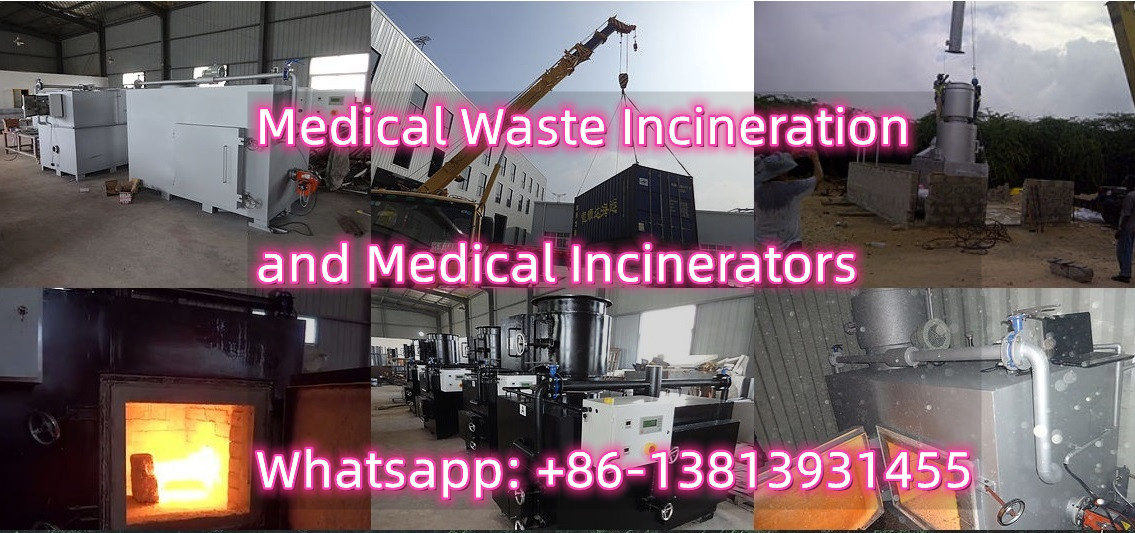Incinerators have long been used as a method of waste disposal, with the primary benefit being the reduction of the volume of waste. However, rising concerns over the potential health risks associated with incinerators have brought the safety of these facilities into question.
One of the main concerns surrounding incinerators is the release of harmful pollutants into the air. When waste is burned, it produces a range of toxic chemicals, including dioxins, furans, and heavy metals such as mercury and lead. These pollutants can pose serious health risks to nearby communities, as they can be inhaled or absorbed through the skin, leading to a range of health issues, including respiratory problems, cardiovascular disease, and even cancer.
Additionally, the ash produced from incinerators can also contain hazardous chemicals, further increasing the risk of contamination to the surrounding environment. This ash can leach into the soil and water, potentially contaminating drinking water sources and agricultural land.
Furthermore, the emissions from incinerators can contribute to air pollution, which can have far-reaching effects on public health. Poor air quality has been linked to a range of health issues, including asthma, lung disease, and cardiovascular problems.
In light of these concerns, there has been growing opposition to the construction and operation of incinerators in many communities. Local residents and environmental groups have been vocal in their opposition, citing the potential health risks and environmental impact of these facilities.
In response to these concerns, there has been a push for more sustainable waste management practices, such as recycling and composting, which can help reduce the amount of waste sent to incinerators. Additionally, advancements in waste-to-energy technology have led to the development of safer and more efficient methods of waste disposal that minimize the release of harmful pollutants.
Regulatory bodies have also taken steps to address the risks associated with incinerators by imposing stricter emissions standards and monitoring requirements. However, many argue that these measures are not sufficient to fully address the potential health risks associated with incinerators.
Overall, the concerns over health risks associated with incinerators are a significant issue that cannot be ignored. As the debate continues, it is important for communities and authorities to carefully consider the potential health implications of incinerators and explore alternative waste management solutions that prioritize public health and environmental protection.



